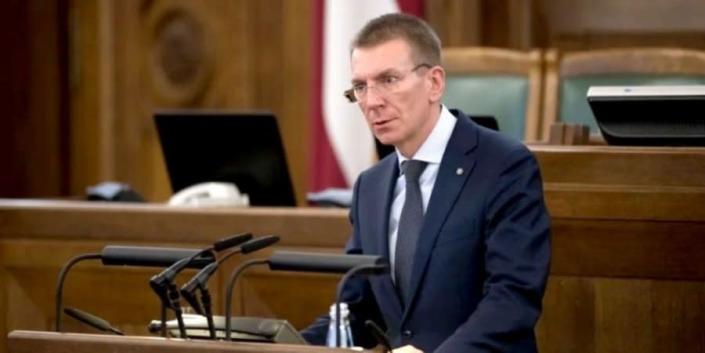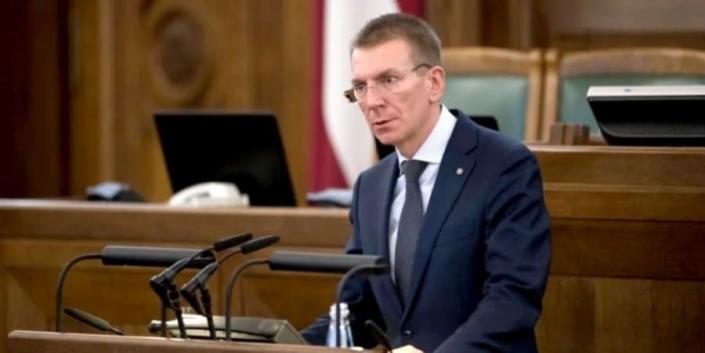
According to him, this decision was made “for security reasons.”
“Latvia will not issue humanitarian or other types of visas to those Russian citizens who evade mobilization, and will not change the restrictions on border crossing for Russian citizens with Schengen visas, introduced on Sept. 19,” the Latvian foreign minister tweeted.
Russian dictator Vladimir Putin early on Sept. 21 declared a partial mobilization in Russia and his readiness to use nuclear weapons in the event of a “threat to the territorial integrity” of Russia.
Russian Defense Minister Sergei Shoigu, in a later address, announced that 300,000 reservists would be called up during the partial mobilization.
Read also: Estonia bans re-entry to Russians going to fight against Ukraine
After that, Russians rushed to buy tickets to other countries en masse to avoid being called up for the war in Ukraine.
Meanwhile, the counter-offensive of the Ukrainian army on several parts of the front continues.
The Ukrainian Armed Forces have kept the strategic Antonivsky Bridge and other crossings across the Dnipro River in Kherson Oblast under fire control, thereby preventing Russian troops from restoring critical supply routes.
As Ukrainian troops block the deployment of Russian units, the capabilities of the Russian Armed Forces in the region have been severely diminished.
In addition to Kherson Oblast, an active counteroffensive also kicked off in Kharkiv Oblast on Sept. 6.
Read also: Lithuanian Rapid Reaction Force on high alert amid mobilization in Russia, says defense minister
And while the General Staff of the Armed Forces of Ukraine has refrained from commenting on updates regarding the liberation of Kherson, today it is already known about the liberation of a number of territories with a total area of more than 8,000 square kilometers, in particular Balakliya, Kupyansk and Izyum, which had been key positions for Russia.
This course of events forced the Kremlin regime to initiate through its puppet “authorities” in the temporarily occupied Ukrainian territories urgent pseudo-referendums on the “accession” to Russia.
Additionally, Ukrainian partisans continue to eliminate pro-Kremlin collaborators who have voluntarily agreed to work for the invading Russian forces.
Read the original article on The New Voice of Ukraine




